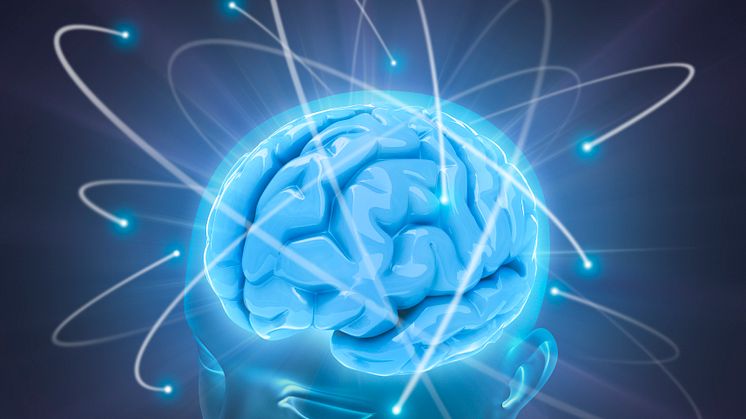
Press release -
Uplifting music can boost mental capacity
Uplifting concertos from Vivaldi’s The Four Seasons can boost mental alertness, according to research from Northumbria University.
The findings, which are published in this month’s Experimental Psychology, show that the uplifting first movement, in particular, is capable of enhancing attention and memory.
In the experiment a group of 14 young adults were given a mental concentration task to perform. They were asked to press the space bar on a keyboard when a green square appeared on screen and ignore different coloured circles and squares that appeared intermittently. The participants carried out this task both in silence and while listening to each of the four concertos while their brain activity was measured using EEG brain imaging.
Results showed that participants responded correctly faster when listening to the uplifting Spring concerto. When listening to the concerto, the average response time in performing the task was 393.8 milliseconds as opposed to 408.1 milliseconds when the task was carried out in silence. This response time rose to 413.3 milliseconds when they listened to the slower and more sombre Autumn music, therefore showing a decrease in mental capacity.
The most important aspect of the data was that the Spring concerto gave rise to enhancement of a brain measure related to emotional responsiveness.
Psychologist Dr Leigh Riby said: “The Spring movement enhanced overall activity within the brain but had an exaggerated effect on the area of the brain that’s important for emotional processing. It seemed to give rise to particular imagery in the brain and evoke positive, contented feelings which translated into higher levels of cognitive functioning.”
Dr Riby suggests that the Spring movement is particularly special and could be used in therapeutic settings and is, in fact, quite a familiar piece to most people as it has been used successfully in marketing to induce mood and influence behaviour.
He also found that the key in which the music was written had no impact on brain performance. While the Spring concerto, which is written in a major key enhanced cognitive function, the Autumn movement, which is also written in a major key, did not.
He added: “The current study provides evidence that there is an indirect effect of music on cognition that is created by mood, alertness and emotion.
“This experiment shows that cognitive capacity is enhanced when pleasant and arousing stimuli are introduced.”
Topics
Categories
Northumbria is a research-rich, business-focussed, professional university with a global reputation for academic excellence. To find out more about our courses go towww.northumbria.ac.uk
If you have a media enquiry please contact our Media and Communications team at media.communications@northumbria.ac.uk or call 0191 227 4571.







